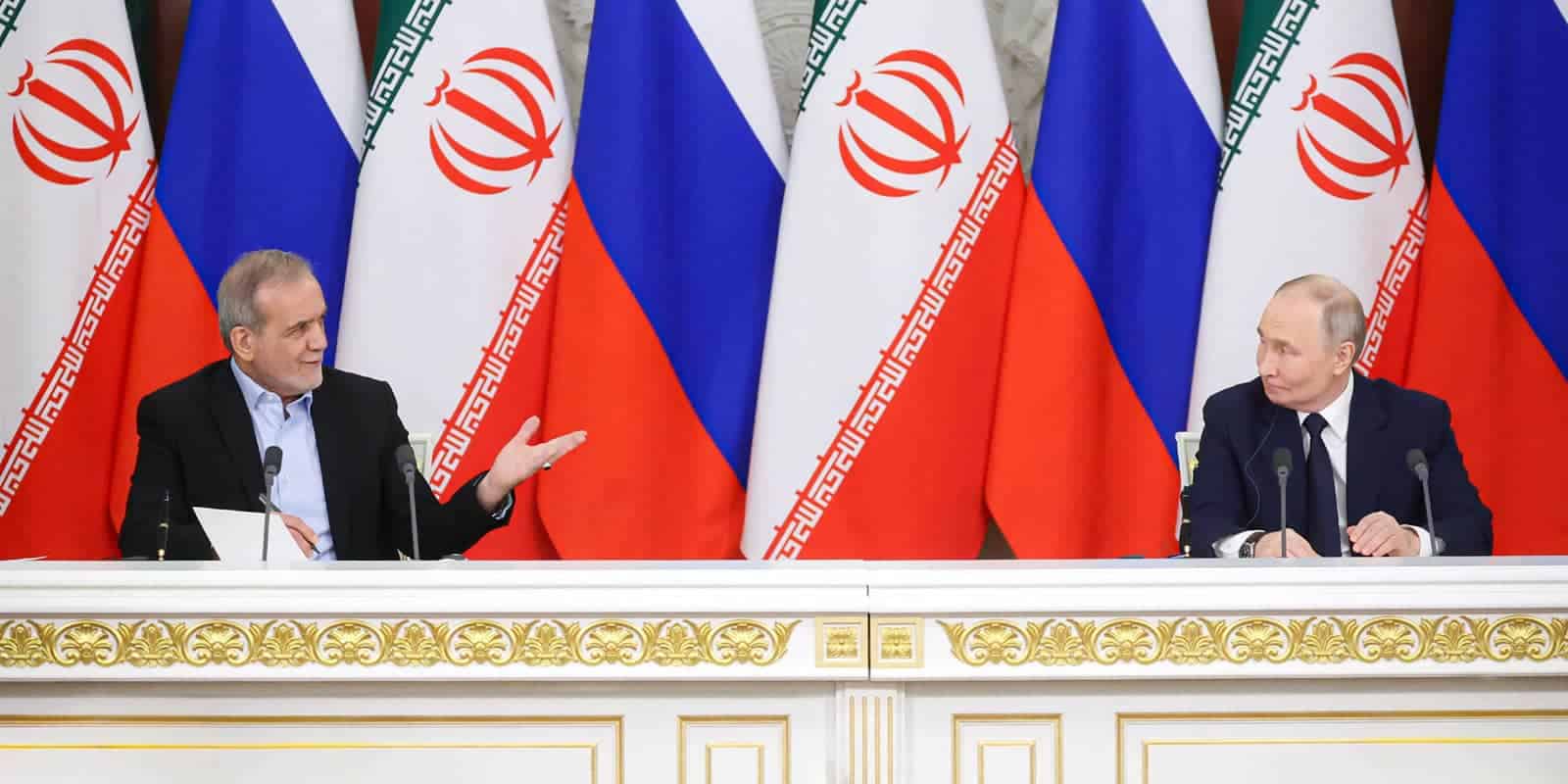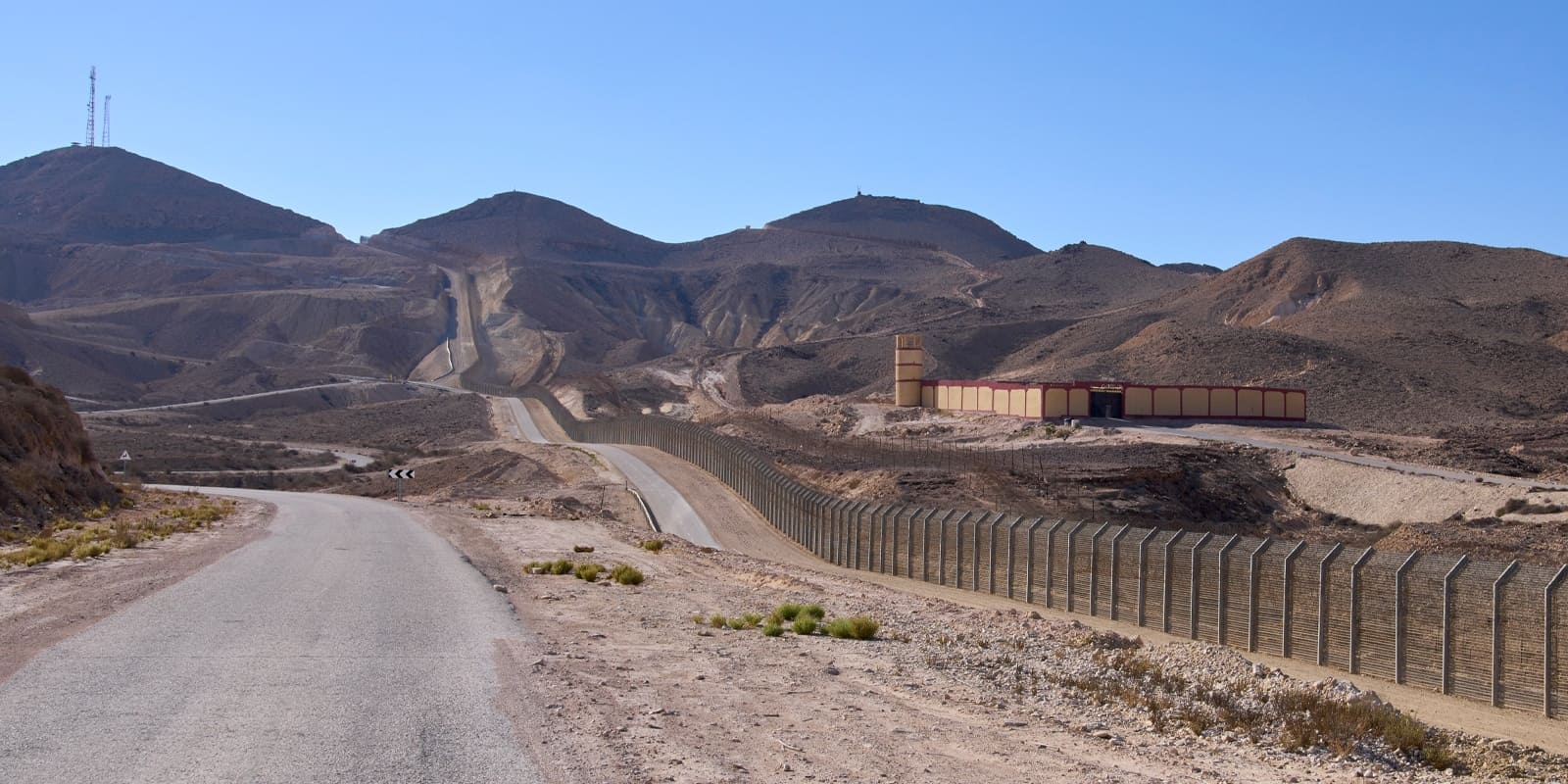
When Washington negotiated the nuclear deal with the Iranians earlier this decade, a division of labor emerged between Israel and Saudi Arabia, both of which adamantly opposed the deal.
“Israel would squeal” in public “and Saudi Arabia would curse in private,” said Jerusalem Institute for Strategic Studies vice president Eran Lerman.
Now, following US President Donald Trump’s declaration on Thursday that Washington plans to withdraw its troops from Syria, the two countries have traded places: Saudi Arabia is squealing in public and Israel is cursing behind closed doors.
Lerman, who maintains that a US withdrawal from Syria would have very negative consequences for Israel and the region, said for the time being, this role reversal serves Israel’s interests.
“Right now, since the Saudis took it upon themselves to speak up, I think we can accept a supportive role,” he said.
Since Trump said in a speech in Richfield, Ohio, on Thursday that the US would “be coming out of Syria very soon,” no Israeli official has formally sounded off on what this would mean for Israel and the region.
Saudi Crown Prince Muhammad bin Salman, however, warned against the move just a few hours later while touring the US in an interview with Time magazine. “We believe American troops should stay for at least the mid-term, if not the long-term,” he said.
“I am not surprised he reacted very quickly,” Lerman said of Salman’s opposition. Lerman said the US presence in eastern Syria, and its willingness to bring firepower to bear as it did on February 8, is vital for the survivability of the Syrian Democratic Forces (SDF), which is necessary to serve as a brake on Iran’s designs to create a Shi’a land bridge from Iran, through Iraq, Syria and into Lebanon.
The US has a base at Deir al-Zor in eastern Syria, along this possible Shi’a corridor, where US special operations forces coordinate with Syrian opposition fighters.
“If you take those troops out from east Syria, you will lose that checkpoint,” Salman told Time. “And this corridor could create a lot of things in the region.”
Israel could not agree more. But it is in no hurry to publicly oppose Trump and is comfortable letting the Saudis now star in that role.
However, Lerman said, Israel should work to “bolster the opposition of those in the administration who would urge him [Trump] to think twice” about this policy, as well as bolster those in Congress also opposed to the move.
Lerman said he hopes that Trump will wait to implement this policy until his new national security team is in place – Mike Pompeo in the State Department, John Bolton at the National Security Council, and new CIA head Gina Haspel. “All of them are fighters,” Lerman said, adding that he hopes Trump will wait to hear their verdict on the matter.
Lerman acknowledged that there is a contradiction between Trump’s policy of either altering or canceling the Iranian nuclear deal – a sign of getting tough with the Iranians – and a withdrawal from Syria, which would enable the Iranians to double- down in Syria. But, he said, this would not be the first time contradictions appear in Trump’s policies.
He said if the US does withdraw, “Very few people would be willing to take the risk of helping America in the future.”
“If his [Trump’s] instinct is to abandon the Kurds [who make up the bulk of the SDF] to their fate because of his basic America-First attitude, then the consequences could be very serious,” Lerman predicted. “While they were good enough to help the alliance destroy Islamic State, they will not be strong enough to withstand the pressure of Iran to extend the so-called land bridge from Iran through central Iraq to Syria and Lebanon.”
THE JERUSALEM POST, 2.4.2018














